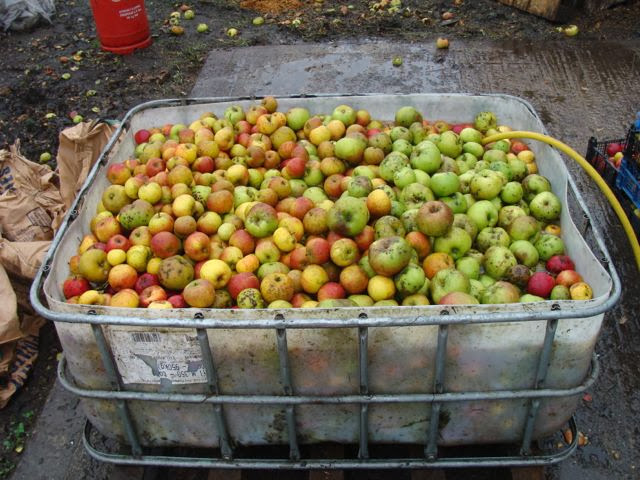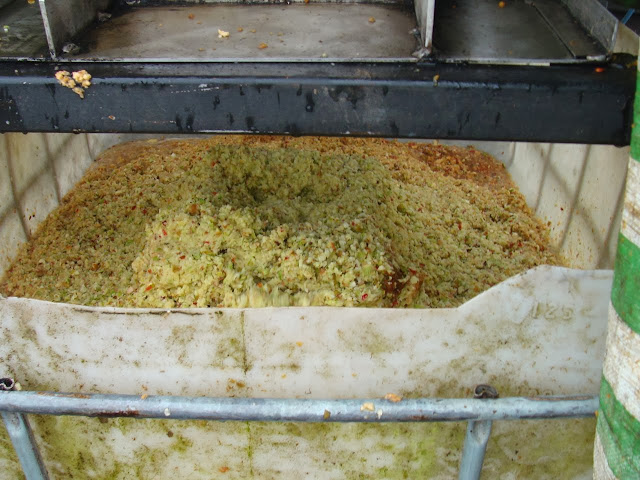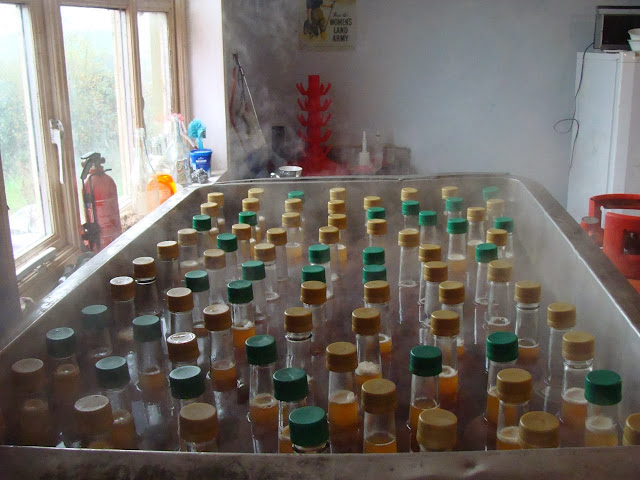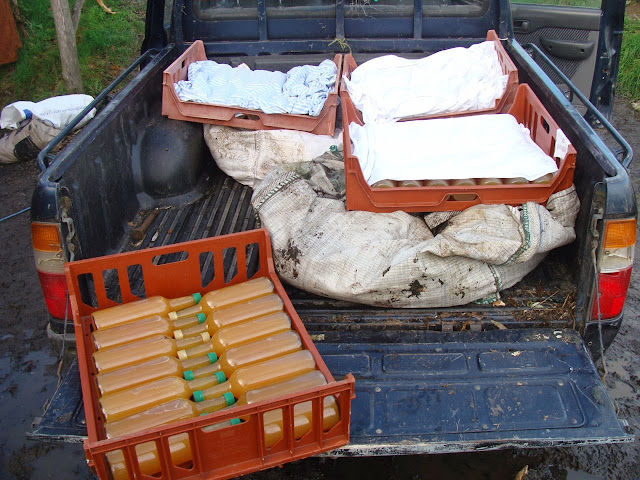It was nearly dinner time. Sergey Ryazanskiy’s stomach growled in anticipation and he glanced briefly through the hatch opening to the mess module but none of the others had appeared yet. He had spent his day off reading a history of numismatics, exercising and composing a video message for his wife and three children back in Moscow, which he had just despatched. Their return message would probably be available when he awoke “tomorrow”. Two months of the mission had passed, four more to go before he could return to them. He smiled as he remembered his youngest son, Ivan, learning with frequent and spectacular crashes how to ride his first bike. By the time he returned Ivan would be effortlessly circling the yard, hooting with joy.
Sergey was itching to get back to work but rest periods were rigorously enforced. His tasks, alone amongst the six-man crew, centred around the prototype laser communications system OPALS which would one day replace the radio waves, packing far more information into that narrow red beam zero-ing in on a dish 240 miles below. His dream was to be at least a footnote in science history books as the man who proved that laser communications was not only possible but dramatically more effective than radio frequencies for long-distance communication across space.
The International Space Station wheeled over the Earth, covering nearly five miles every second. At this speed it circumnavigated the globe in the time it took to play a game of football. The sun rose and set and rose again with remarkable alacrity. None of them noticed it any more. However, something made Sergey push off from the wall and drift across to the observation window to gaze down at the inky blackness below, clusters of yellow lights occasionally flashing past like weird deep-sea creatures. The lat-long monitor indicated they were travelling over south-west England at this moment. It was not a country he had been to, but one day he hoped to bring his family to see Buckingham Palace and Chelsea’s football ground. He stared downwards. Who was down there? Were they dreaming, or awake and on their way to work? What made them all carry on, living out their little lives as if each one mattered?
He could not know, but two men were standing below him, watching his spacecraft appear in their west and glide across the sky to the south-east, skirting past the gibbous moon. It was 6:18am. They held dung-forks in their hands, being interrupted from mucking out the winter quarters of the recently-milked three Jersey cows. For both of them it was the first time they had seen the Space Station. Its smooth procession across the sky, like a bright star that had been cut adrift from the firmament, captivated them. It had been up there for fifteen years but somehow they had missed it. Even now they only knew to look up because one of them had checked the NASA website the night before for its timetable.
Two minutes later the bright star vanished behind the roof of Pilsdon’s East Wing and they returned to the straw and the muck. But somehow things seemed different. They had just witnessed a technological and diplomatic miracle. A laboratory the size of a football field pieced together in space by citizens of countries that just three decades before had been on opposing sides of a Cold War. A brilliant emblem of scientific progress and international collaboration had passed overhead. One wheelbarrow was filled to the brim with cow dung, another was fetched.
Next week we are hoping to see another celestial body as Comet ISON swings round close to the sun, hopefully not disintegrating in the process. As it should be seen most clearly in the early morning, just before sunrise, depending on the milking rota I might well have my binoculars in one hand and a dung-fork in the other.
----------
N.B. Sergey Ryazanskiy is really up there, right now. Find out about him and his crew-mates here.
















